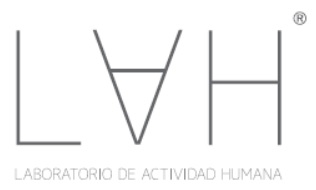Education
School failure and the abandonment of the education system is one of the challenges that Spain faces. The OECD reports (2015) present little encouraging data in Spain with uneven results according to communities. Only a few works have tried to contribute knowledge about the elements that affect academic success, considering also a gender perspective (Cano, Escapa & Marí-Klose, 2015, Cordero, 2015). According to the EU indicator used as a reference for monitoring the 2010 – 2020 Objectives of education and training systems, the “percentage of the population aged 18 to 24 years who has not completed secondary education in the second stage and does not follow any type of education or training “, is 12% in the EU and 23.6% in Spain (Ministry of Education, Culture and Sport, 2015), which represents a significant gap.
As a consequence of the transformations that have occurred in our societies in the last decade (migratory flows, financial crisis, technological innovations, etc.), the State Plan for Scientific and Technical Research and Innovation (2013-2016) raises the need that scientific research in Social Sciences must contributes to a better understanding of reality, to the quality of public policies and to social action strategies, establishing the improvement of the education system as a priority in the Challenge of Changes and Social Innovations (together with the impact and evolution of cultural and social identities in the processes of change and social). The knowledge of the elements that allow to overcome the risk of abandonment of the system and build trajectories of success can be very valuable for the intervention in these contexts.
